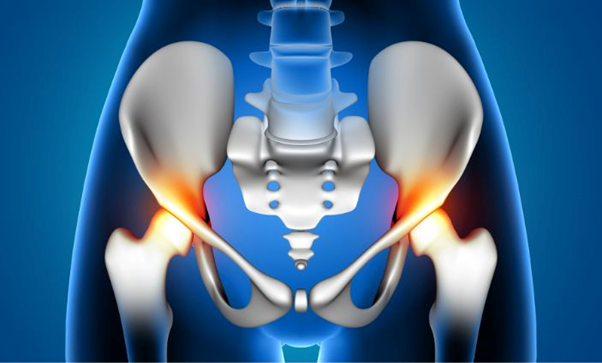Dr. rahul khanna
M.S. (ORTHO), FIASM, FIA
Specialist Joint Replacement, Arthroscopy & Sports Injury
Dr. rahul khanna
M.S. (ORTHO), FIASM, FIA
Specialist Joint Replacement, Arthroscopy & Sports Injury
What to Expect After Total Hip Replacement?

- Pain Management:
- Mobility Assistance:
- Monitoring Vital Signs:
You may experience some discomfort or pain following surgery, but your healthcare team will provide you with pain medications to keep you comfortable.
While you may be eager to get up and move around, it’s essential to follow your healthcare team’s instructions regarding weight-bearing and mobility restrictions.
Your vital signs, such as heart rate, blood pressure, and oxygen levels, will be closely monitored to ensure your safety and well-being.
Early Recovery: Building Strength and Mobility
- Physical Therapy:
Participating in physical therapy sessions will be a crucial component of your recovery plan. Your physical therapist will guide you through exercises designed to improve strength, flexibility, and mobility in your hip joint.

- Gradual Increase in Activity:
While it’s essential to stay active during recovery, it’s equally important to avoid overexertion. Your healthcare team will provide you with guidance on gradually increasing your activity level while avoiding activities that could put stress on your hip joint.
Long-Term Rehabilitation: Continuing the Journey
- Ongoing Physical Therapy:
- Gradual Return to Activities:
- Monitoring Progress:
You’ll continue attending physical therapy sessions to further enhance your strength, flexibility, and mobility. Your physical therapist will tailor your treatment plan to address your specific needs and goals.
With guidance from your healthcare team, you’ll gradually reintroduce activities such as walking, swimming, and gentle stretching exercises into your routine. It’s critical to pay attention to your body and refrain from exerting yourself prematurely or too hard.
Your healthcare team will monitor your progress closely and make any necessary adjustments to your treatment plan as needed. Be sure to communicate any concerns or challenges you encounter during your recovery journey.
Embracing a Brighter Future
Emergency?
24 Hour Ready
Call Us for Emergency